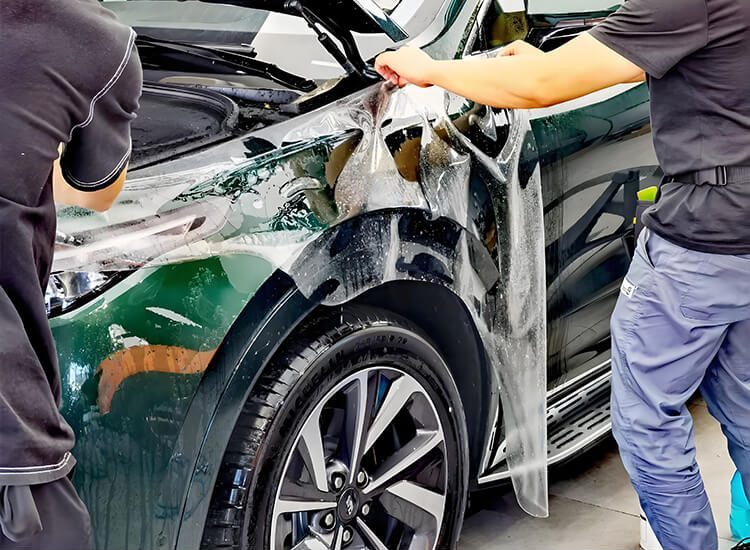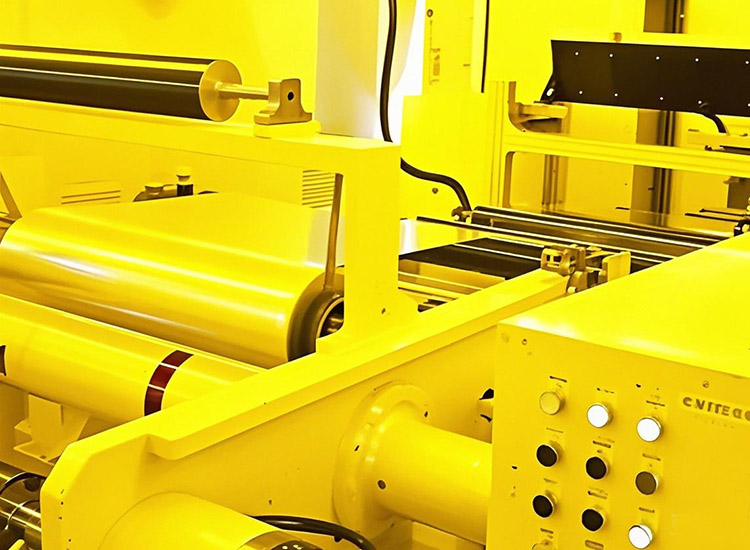PPF Film Explained: What Is It and Why Your Car Needs It?
Owning a car is an investment, and keeping that investment looking new is every driver’s dream. Unfortunately, reality hits fast: rock chips, road salt, UV rays, and everyday wear can damage your car’s paint within months. Paint Protection Film (PPF), also known as clear bra, has become the go-to solution for car owners who want to maintain their vehicle’s original finish. In this guide, we’ll explain what PPF film is, why it’s essential for your car, how it works, and why so many drivers across the globe—from New York to Dubai—are choosing it for ultimate protection. For a technical overview, check Automotive PPF.
What Is PPF Film and How Does It Work?
Understanding the Basics of Paint Protection Film
PPF film, short for Paint Protection Film, is a transparent, thermoplastic urethane layer applied over a car’s painted surfaces. Unlike wax or ceramic coatings, which only provide a hydrophobic layer, PPF offers physical impact resistance. It’s commonly called automotive paint protection film, vehicle paint protection film, or simply clear bra.
The film is typically 6 to 10 mils thick and designed to shield your car against:
- Stone chips and gravel impact
- Scratches from brushes, branches, and debris
- Chemical stains, bird droppings, and bug splatter
- UV rays that cause fading
Learn more about the materials used in PPF from Paint Protection Film Materials.
The Science Behind Self-Healing Technology
One of the most impressive features of modern scratch protection film is its self-healing capability. Built with elastomeric polymers, the film can repair minor scratches and swirl marks when exposed to heat, such as sunlight or warm water. This means your car’s surface remains flawless without constant detailing.
Why Your Car Needs PPF Film Today
Real-World Threats to Car Paint
Daily driving exposes your car to harsh conditions. Highways kick up gravel, city traffic brings door dings, and weather extremes—from Florida’s intense sun to Canada’s winter salt—damage paint. Once scratched, your vehicle is vulnerable to rust and fading, which affects both appearance and resale value. Discover more reasons in Why Paint Protection Film Is Must-Have?.
Is PPF Film Worth It for Cars? Cost vs Value Analysis
Many car owners ask, “Should I get PPF film for my car?” The short answer: yes, if you care about long-term paint preservation. Repainting even a small section of your car can cost $1,000–$3,000. Full-body repainting for a luxury car can reach $10,000 or more. By contrast, a professionally installed paint protection film package costs $1,500 to $6,000, depending on the coverage and brand. This makes PPF a smart financial decision. For detailed pricing, see PPF Coating Cost.
Benefits of PPF Film for Different Drivers
- Luxury Car Owners: Brands like Tesla, BMW, and Mercedes have expensive paint jobs. PPF protects your investment.
- Daily Commuters: City driving means bumper-to-bumper traffic and more chances for scratches.
- Off-Road Enthusiasts: Rocks, dirt, and tree branches are no match for a strong car body protection film.
- Fleet Vehicles and Rideshare Drivers: Maintain a professional look and reduce maintenance costs.
Advantages of Paint Protection Film Over Alternatives
PPF vs Ceramic Coating
Ceramic coatings are great for making your car easy to clean and shiny, but they don’t protect against stone chips. PPF film acts as a physical shield against impact, making it a better choice for real-world protection. Many car enthusiasts apply both: PPF for impact resistance and ceramic coating on top for extra gloss.
PPF vs Vinyl Wraps
Vinyl wraps change your car’s color and style but offer minimal protection. Car paint guard film is designed for defense, not just aesthetics.
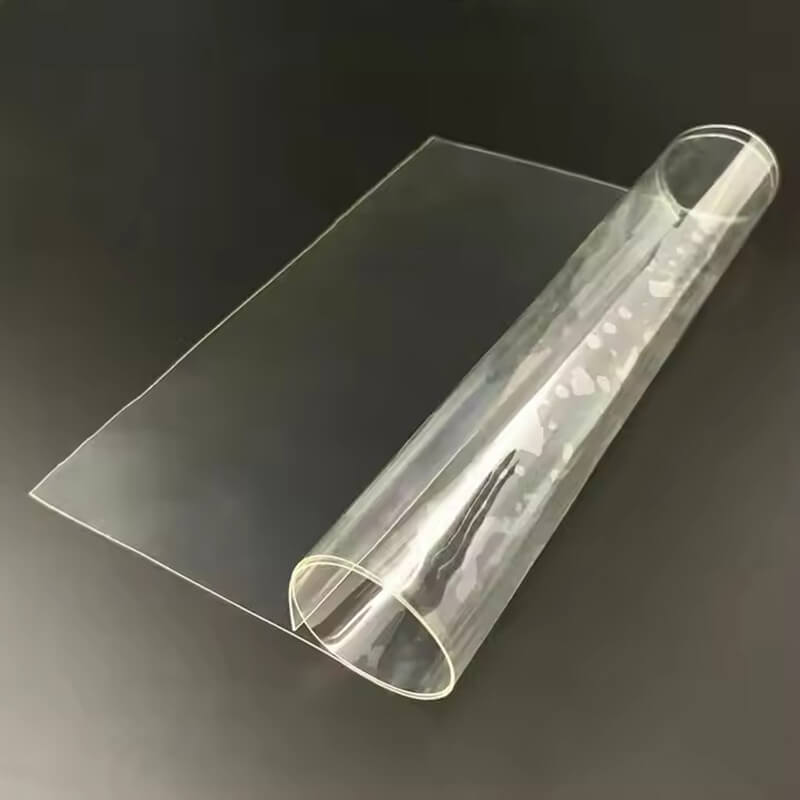
Types of PPF Film and How to Choose the Right One
Material Differences
- TPU (Thermoplastic Polyurethane): The most advanced, with superior flexibility and self-healing properties.
- TPH: Mid-range performance, less durable than TPU.
- PVC: Older technology, prone to yellowing and cracking.
For more details, explore Types of Paint Protection Film.
Thickness Matters
- 6mil: Basic protection, good for light use.
- 8mil: Standard for most cars.
- 10mil: Heavy-duty protection for extreme conditions.
Finish Options
- Glossy: Enhances your car’s original shine.
- Matte: Gives a sleek, satin finish.
- Color PPF: Combine protection with personalization.
Where Is PPF Film Popular? Global Market Insights
- United States: Major cities like Los Angeles and Houston lead in PPF demand, especially for luxury cars.
- Europe: Drivers in Germany and UK use PPF to maintain resale value.
- Middle East: Dubai and Saudi Arabia have booming markets due to sand and high UV exposure.
- Asia: China and Singapore see growing demand among car enthusiasts and luxury vehicle owners.
How Is PPF Installed? Can You DIY It?
Professional Installation
Installing car paint wrap requires precision. Professionals use computer-cut templates and controlled environments to avoid bubbles and misalignment.
DIY Kits: Are They Worth It?
While cheaper, DIY kits come with challenges. Without experience, you risk trapped dust, uneven application, and poor adhesion. For best results, professional installation is strongly recommended.
For coverage calculations, see PPF Usage Volume.
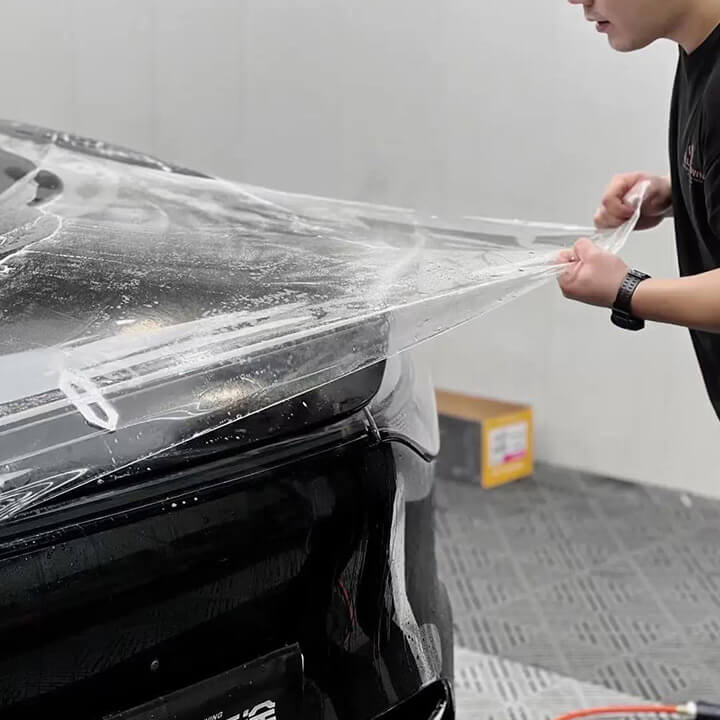
Common Misconceptions About PPF Film
- “PPF will damage my paint when removed.” False—quality films peel off cleanly.
- “PPF changes the car’s color.” No, it’s transparent unless you choose colored PPF.
- “Clear bra and PPF are different.” They are the same product under different names.
How to Maintain PPF Film for Longevity
Basic Care Tips
- Wash with pH-neutral car shampoo.
- Avoid automatic car washes with abrasive brushes.
- Use microfiber towels to prevent scratches.
- Apply ceramic coating over PPF for extra protection.
Cost Breakdown – Is It Worth the Investment?
The price of PPF film depends on:
- Brand quality (premium brands cost more but last longer)
- Coverage (partial hood vs full body)
- Installer experience (cheap installation often means poor results)
In New York, full-body PPF installation averages $4,000–$6,000, while in Singapore or Dubai, similar jobs may cost $3,000–$5,000. Buying from a factory or wholesale supplier like PreproPPF can significantly reduce costs without compromising quality.
Best PPF Film Brands You Can Trust
Choosing the right brand matters. Here are six top paint protection film manufacturers trusted worldwide. For a broader list, see Top 12 PPF Brands For Cars.
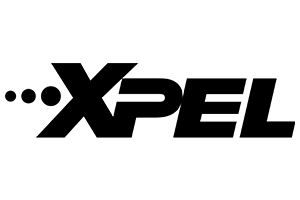
XPEL
One of the most recognized names in the industry, XPEL offers premium automotive paint protection film with outstanding self-healing properties and hydrophobic performance. Known for precision-cut templates and long warranties, it’s a favorite in the U.S. and Europe.

3M Scotchgard
3M has been a global leader in automotive products for decades. Their car paint protection film provides excellent durability, UV resistance, and easy maintenance, making it a go-to for car owners worldwide.
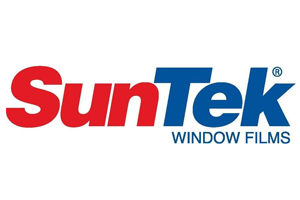
SunTek
SunTek films combine strong protection with a variety of finishes, including gloss and matte. They are popular among professional installers and car enthusiasts looking for a balance of quality and price.
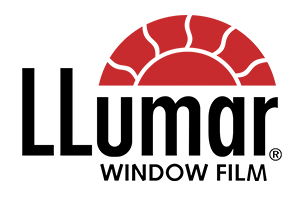
Llumar
Llumar is known for producing long-lasting vehicle paint protection film with advanced self-healing technology. It’s widely available in North America and Europe, offering competitive pricing and strong warranty support.
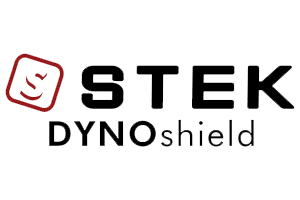
STEk
A premium brand recognized for innovative hydrophobic layers that enhance water repellency and gloss. STEk films are often chosen for high-end and exotic vehicles.

Hexis BodyFence
A French brand well-regarded in the detailing community, Hexis BodyFence films provide superior flexibility and resistance to yellowing, making them a reliable option for various climates.
Special Considerations for Black Cars
If you own a black vehicle, scratches and swirl marks are more visible. Specialized films can help maintain a flawless finish. Learn more at Paint Protection Film for Black Cars.
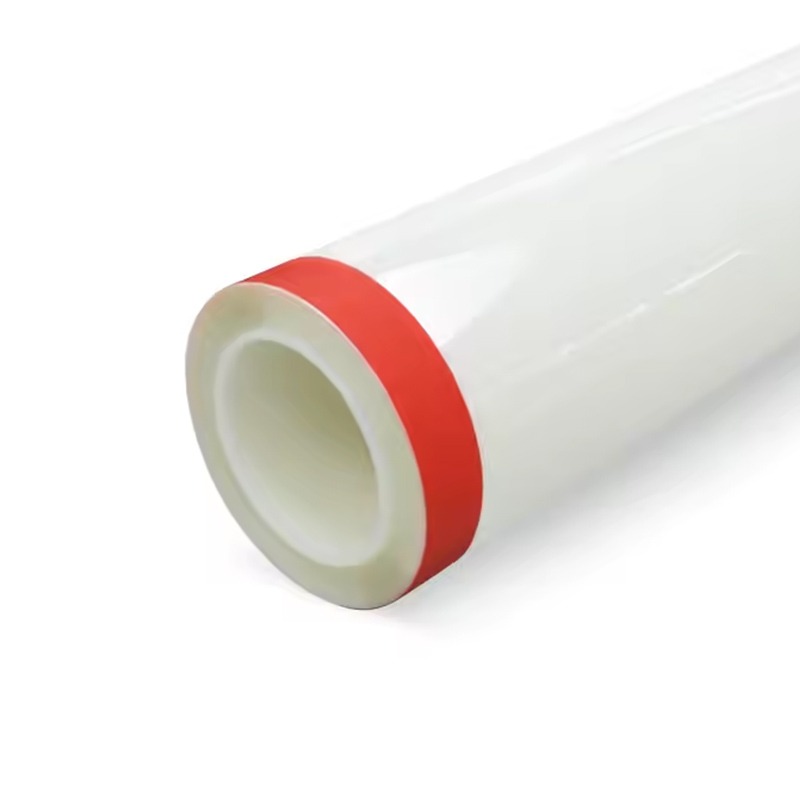
PreproPPF Clear PR-Q01
On a budget? Check out basic protection PPF PR-Q01, 5×50 ft, free shipping worldwide.
PreproPPF – Your Reliable Factory Direct Partner
Looking for premium paint protection film at competitive pricing? PreproPPF is a trusted manufacturer and global supplier, offering TPU-based self-healing films with excellent durability. We provide wholesale pricing, custom solutions, and free worldwide shipping, including the US, Europe, and Asia. Protect your car today with PPF designed for performance and style—direct from the factory to your door.
FAQs
1. What is PPF film for cars?
It’s a clear protective layer that shields your car’s paint from scratches, chips, and UV damage.
2. Is PPF film worth it for cars?
Yes, it prevents costly paint repairs and preserves resale value.
3. How does paint protection film work?
It acts as a barrier and uses self-healing technology to repair minor scratches.
4. How long does PPF film last?
Typically 5–10 years with proper maintenance. For more details, check How Long Paint Protection Film Last?.
5. What is the difference between PPF film and ceramic coating?
PPF provides physical impact protection; ceramic adds water repellency but doesn’t prevent chips.
6. Does PPF film yellow over time?
High-quality TPU films resist yellowing; cheap PVC films may discolor.

